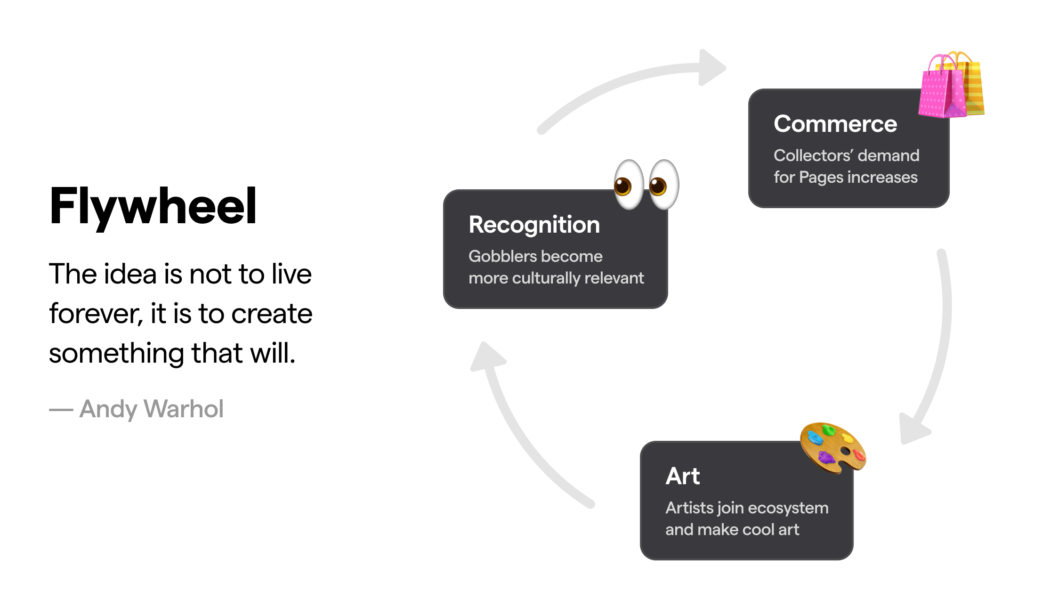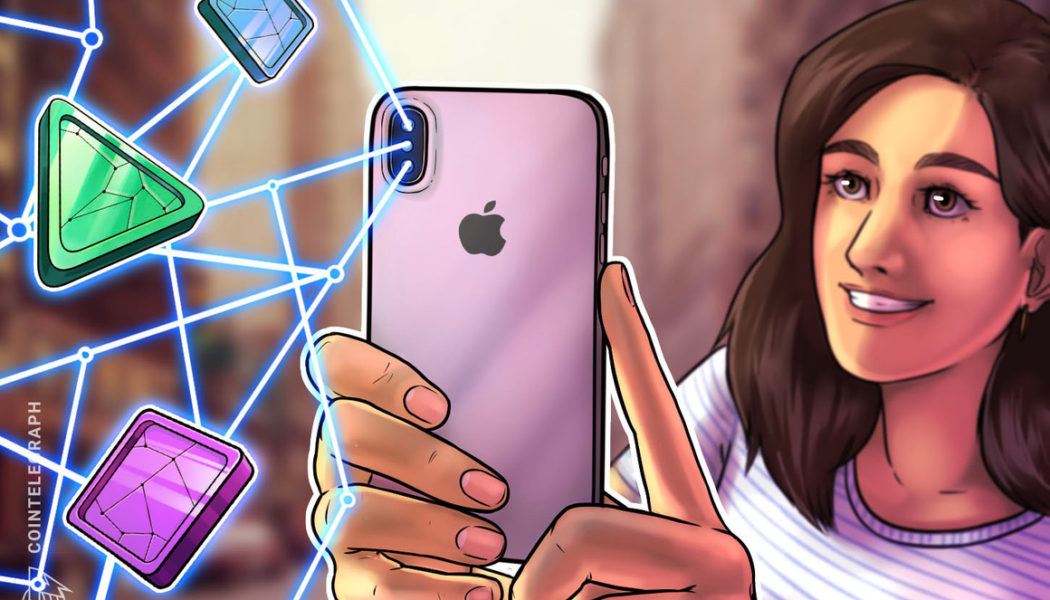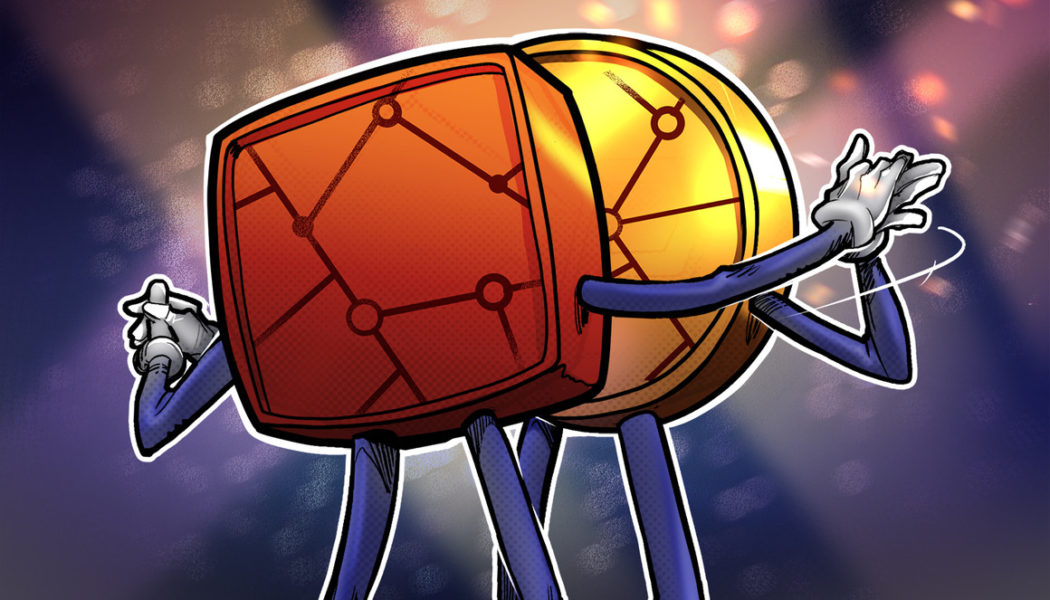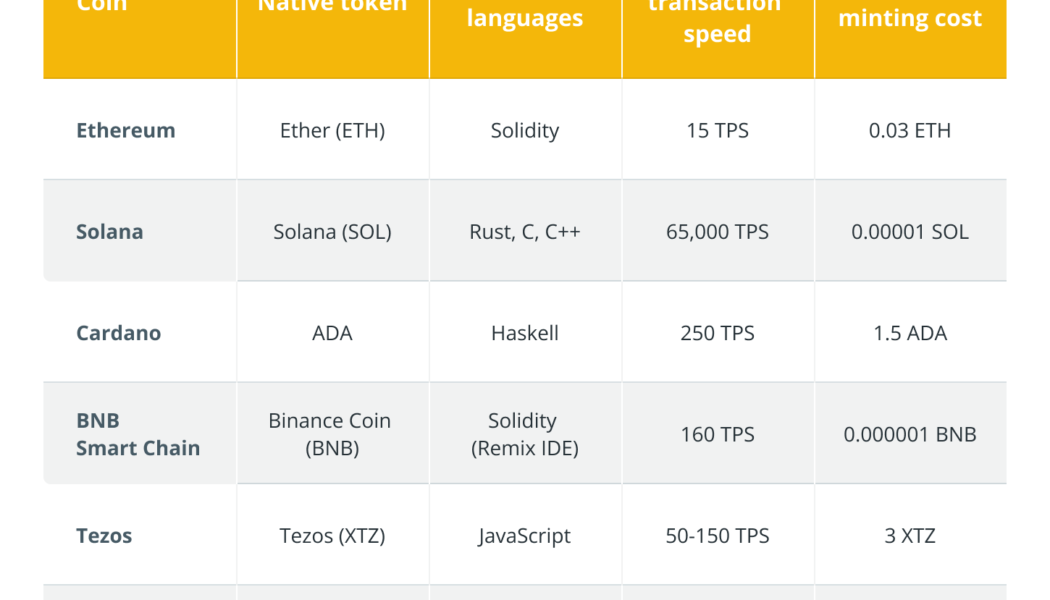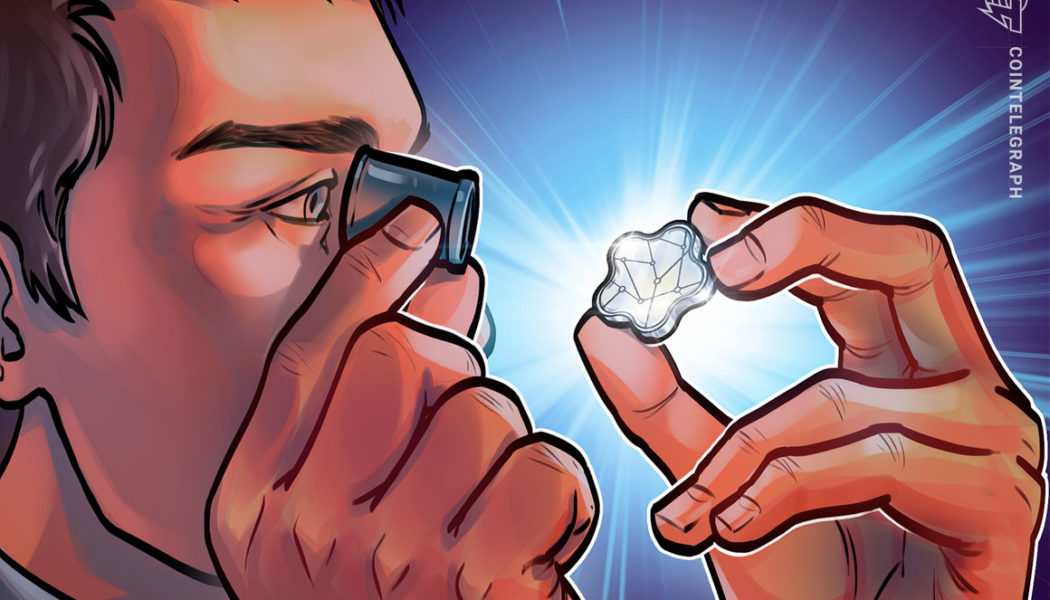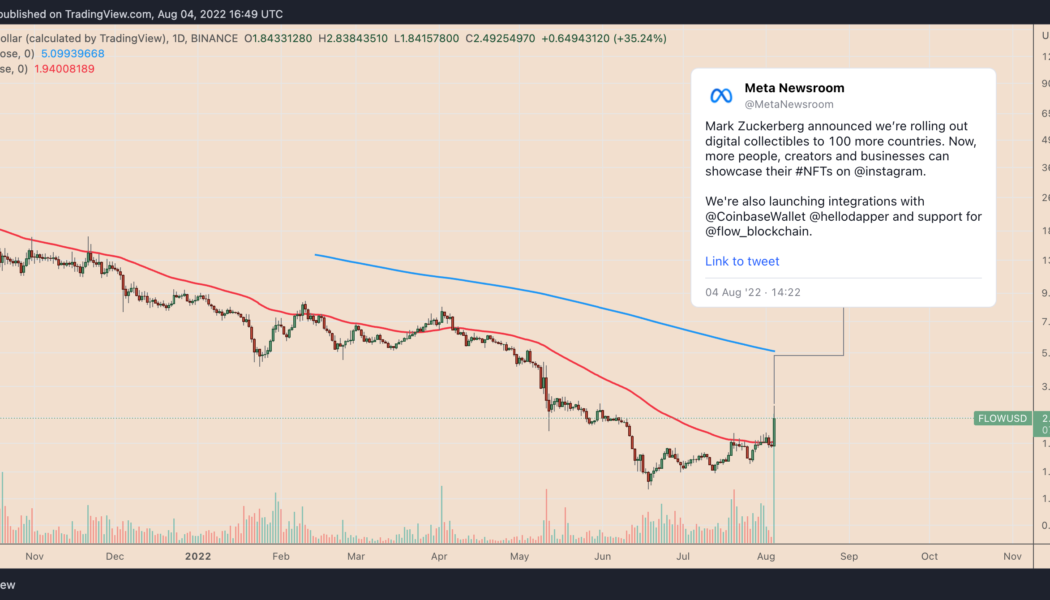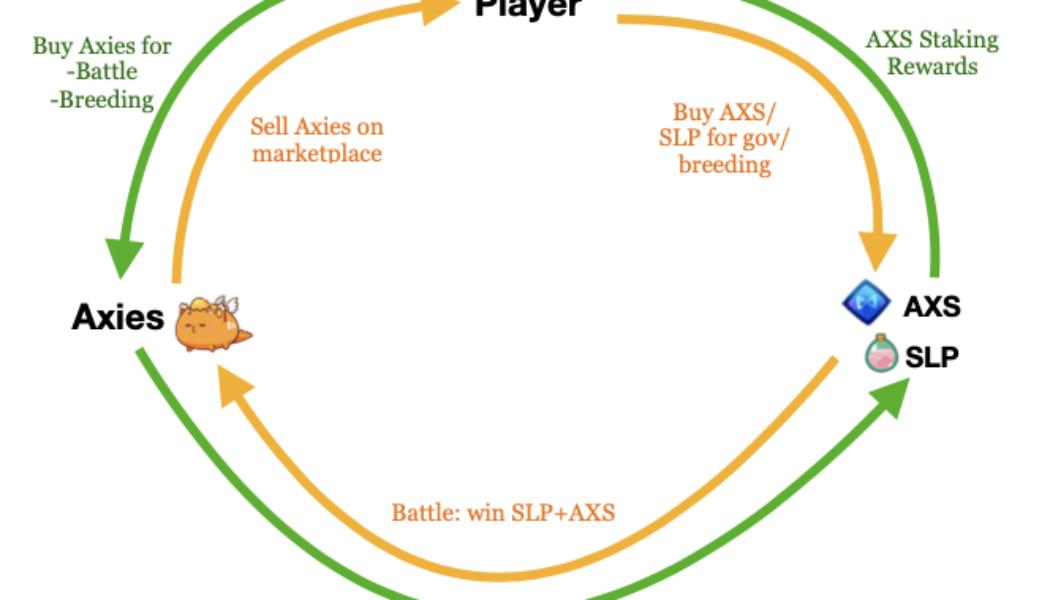Nonfungible Tokens
Nifty News: GameStop NFT market goes live, Hong Kong’s NFT concept and more
The nonfungible token (NFT) marketplace for American video game retailer GameStop has officially gone live on Ethereum layer-2 blockchain ImmutableX, all part of the latest Web3 push from the gaming retailer. The pair first partnered in February to build the marketplace offering a $100 million grant for NFT content creators and tech developers before a public beta of the NFT marketplace debuted in July. With the Oct. 31 announcement of the full launch, GameStop’s market will allow for popular Web3 games on ImmutableX such as the role-playing game Illuvium and Gods Unchained to be accessed by users. GameStop has worked to launch a series of Web3-powered products over the past year, with a beta self-custody crypto wallet released in May that integrates with its NFT marketplace. In Marc...
New Apple rules double down on 30% NFT ‘tax’ and geo-limits exchanges
Technology heavyweight Apple has clarified its App Store rules around nonfungible tokens (NFTs) and cryptocurrency exchanges marking the first time its codified specific rules for NFTs. The new rules confirm how NFT purchases will be taxed and what they can and can’t be used for, while also clarifying rules around when a crypto exchange app can be listed. The Oct. 24 update to its App Store guidelines saw language added that allows fo in-app purchases of NFTs, but bars any NFTs acquired elsewhere to be used for anything other than viewing. It also allows applications to use in-app purchases to “sell and sell services” related to NFTs such as “minting, listing, and transferring.” However, the tech company is seemingly double-downing on its NFT “Apple tax” — which lumps in-...
IRS introduces broader ‘Digital Assets’ category ahead of 2022 tax year
American taxpayers will find a broader, more defined category encompassing cryptocurrencies and nonfungible tokens (NFTs) in their 2022 IRS tax forms. The draft bill released by the Internal Revenue Service features a well-defined Digital Assets section that outlines if and how taxpayers will account for the use of cryptocurrencies, stablecoins and NFTs. Page 16 of the draft defines Digital Assets as any digital representations of the value recorded on a ‘cryptographically secured distributed ledger or any similar technology.’ 2021’s tax form required taxpayers to indicate whether they had received, sold or exchanged in ‘virtual currency’ – with this term changing in the yet-to-issued 1040 tax form for 2022. Taxpayers are required to answer the Digital Assets s...
Bored Apes, Moonbirds to feature on NFT-customized Mastercard debit cards
Mastercard has launched customizable nonfungible token (NFT) debit cards, allowing some cardholders who own avatars from select NFT collections to add the artwork onto the payment’s card. The debit cards are made available through a Sept. 26 partnership with European cryptocurrency exchange platform, “hi” allowing its “Gold” members to personalize their debit cards with an NFT they verifiably own Gold membership with the platform is obtained by staking a minimum of 100,000 hi Dollar’s (HI), the platform’s native token, a sum worth around $4,600 according to data from CoinGecko. NEWS! Today @hi_com_official launches the world’s first debit card featuring NFT Customization, allowing cardholders to personalize the face of their card with an NFT Avatar. Read more here https://t.co/...
Throw your Bored Apes in the trash
It’s time to move on from the Bored Ape Yacht Club. They’re bad for nonfungible tokens (NFTs). They give critics ammo and distract from the technology, which is where the real value lies. For those on the outside looking in, NFTs are nothing more than overpriced monkey JPEGs. Or whichever choice of animated animal profile picture is in the firing line. NFTs, of course, are much more than that. But, because of Bored Apes, and the countless imitations they’ve spawned, NFTs are getting a bad rep. “Bubble,” “money laundering” and “scams” are all terminology associated by critics with the new “Beanie Babies craze.” It’s a disparaging distraction. Related: Bored Ape Yacht Club is a huge mainstream hit, but is Wall Street ready for NFTs? Yes, Bored Apes are still priced at more than $100,00...
Crypto developers should work with the SEC to find common ground
Regulators are tasked with balancing between protecting consumers and creating environments where entrepreneurs and the private sector can thrive. When markets face distortions, perhaps due to an externality or information asymmetry, regulation can play an important role. But regulation can also stifle entrepreneurship and business formation, leaving society and its people worse off. The United States Securities and Exchange Commission has been particularly hostile against cryptocurrency companies and entrepreneurs. For example, SEC Chairman Gary Gensler has remarked that he views Bitcoin (BTC) as a commodity but that many other “crypto financial assets have the key attributes of a security.” He reiterated the line in an explosive Aug. 19 op-ed penned for The Wall Street Journal, arguing t...
What is an NFT and why are they so popular?
Nonfungible tokens (NFTs) have been part and parcel of the cryptocurrency space for the last couple of years. Still, their value and utility across several industries have driven their proliferation into mainstream consciousness. Cointelegraph’s director of video production Jackson DuMont delves into the intricacies of NFTs, highlighting the importance of the underlying blockchain technology in proving ownership of digitally scarce assets: “NFTs provide unique, verifiable and immutable proof of ownership of digital goods. True digital ownership of assets through NFTs is a revolutionary idea that will transform how we interact with the internet.” Another important aspect of NFT technology highlighted by DuMont is handing the ownership of digital assets to users as Web3 functionality begins ...
Nonfungible airdrops: Could NFA become the next big acronym in the crypto space?
Airdrops have become the bread and butter of the crypto world — for good reason. They’re an indispensable marketing tool for up-and-coming projects that want to create a buzz around their ecosystems. Done right, distributing free tokens to the public can help elevate demand — and unlock big benefits for recipients. After all, if these altcoins end up being listed on major exchanges at a later date, their value could explode. Unfortunately though, downsides have started to emerge. These campaigns aren’t just reaching enthusiasts who passionately believe in what a project has to offer, but “airdrop hunters” who are merely scouring for ways to turn a quick profit. Airdrop hunters typically want to sell off the tokens they’ve received for free — as soon as they ca...
